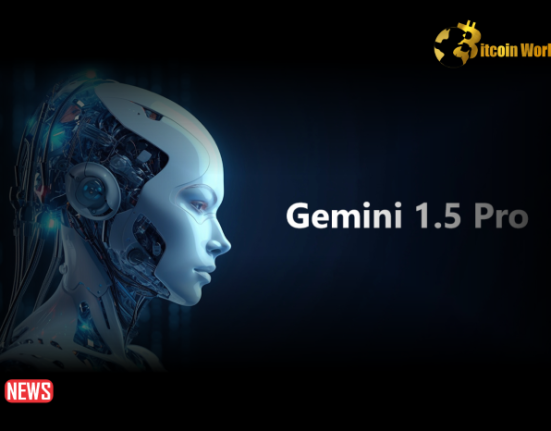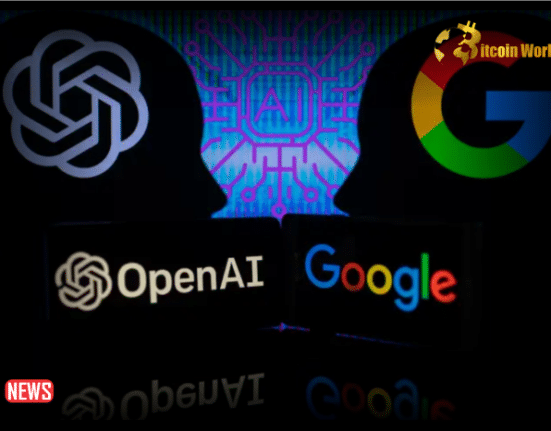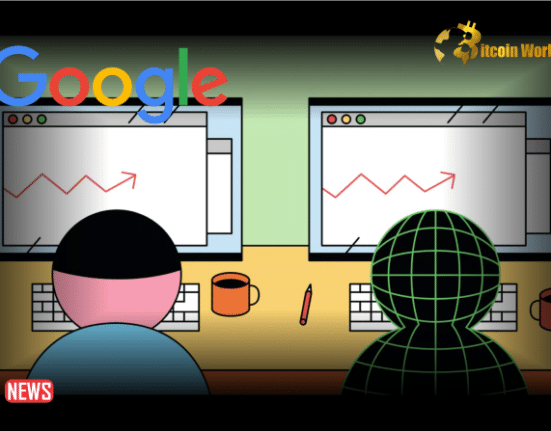Making a significant commitment, Google has pledged to safeguard users leveraging generative artificial intelligence (AI) systems within Google Cloud and Workspace platforms. This commitment mirrors similar assurances from tech giants like Microsoft and Adobe. In a recent blog post, Google clarified that users of products integrated with generative AI capabilities will be afforded legal protection. This move addresses growing concerns about potential copyright issues tied to generative AI.
The seven products falling under this legal umbrella are Duet AI in Workspace, handling text and image generation in Google Docs, Gmail, Slides, and Meet; Duet AI in Google Cloud; Vertex AI Search; Vertex AI Conversation; Vertex AI Text Embedding API; Visual Captioning on Vertex AI; and Codey APIs. Notably absent from this list is Google’s Bard search tool.
According to Google’s statement: “In the face of copyright challenges, we take responsibility for potential legal risks.”
Google introduces a distinctive approach to intellectual property indemnification, termed a pioneering two-pronged strategy. Under this initiative, Google extends protection to both the training data and the outcomes generated from its foundational models.
This means that if legal action arises due to the use of Google’s training data involving copyrighted material, Google will take responsibility. The company clarified that while indemnity related to training data isn’t novel, customers sought explicit confirmation of protection in cases where training data includes copyrighted material.
Google also commits to protecting users facing legal challenges due to the results obtained using its foundation models. This covers instances where users generate content resembling published works. The company emphasizes that this safeguard is contingent on users not intentionally infringing upon the rights of others.
Similar commitments have been made by other companies. Microsoft, for instance, pledges legal responsibility for enterprise users of its Copilot products. Meanwhile, Adobe affirms its dedication to shielding enterprise customers from claims related to copyright, privacy, and publicity rights when using Firefly.














